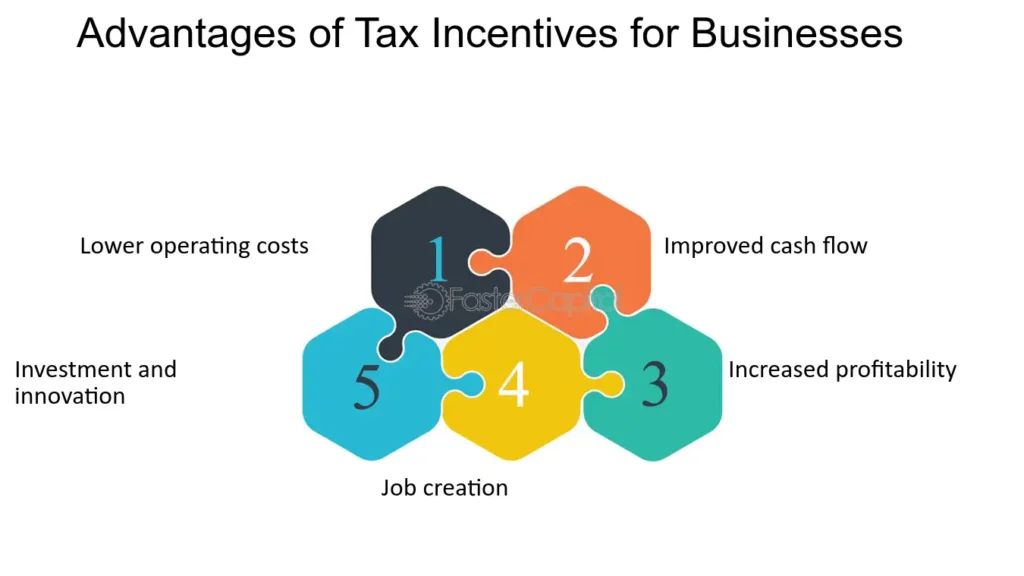Opening your own private healthcare practice can be an extraordinary event in a physician’s life. It’s a great, independent way to earn a living all while providing healthcare to those who are in need. The best of both worlds if you really think about it. Before you venture on this journey, it is vital that you understand how to make the most of the tax implications that come with this profession. In the blog, we will guide you through the implications of such to better guide you in your overall finance journey.
Accounting for Business Expenses
This is probably the most obvious of all the tax-related advantages but once you get your private practice off the ground, you can deduct any expenses related to the business or nature of the business. As long as it isn’t a personal expense, then you are probably able to get some money back from the expense. This can include the rent you pay for your practice’s space, your utilities, any medical supplies, along with medical equipment, whether it be big or small. To make sure that you are credited for all of your business expenses, you need to keep a meticulous account of all that you spend that is directly related to your business. If you are unsure how to go about this, contacting a tax professional could be a good idea.
Depreciating Equipment and Property
Another valuable tax benefit that owning your own private practice may offer is the ability to depreciate equipment and property. Continuing to invest in new equipment, property, technology has long been one of the key drivers to increasing efficiency, increasing revenue, and improving patient care within medical practices. But these investments that you are capitalizing can also maximize tax deductions. Practices can receive a larger tax benefit immediately, freeing up additional cash flow to continue in
vesting in the practice. Equipment and property are both very large expenses and doctors often have to take out medical business loans to afford them at all. With depreciation, you can fan out the cost of a long-term asset like a new x-ray machine over many years instead of having to pay that lump sum all up front.
Home Office Deduction
This particular tax deduction might not be as applicable to many as most private practice doctors are operating out of a rented office space, but if you do, by chance, conduct your healthcare business from your home, there is an opportunity for a home office deduction. You have to be able to exclusively show that the home office is your primary place of business though.
Retirement Plan Contributions
Starting a private practice or medical business also opens the door to contributing to a retirement plan, such as a SEP IRA or Solo 401(k). These plans allow for tax-deductible contributions, which can help reduce your taxable income while building your retirement savings.
Health Insurance Deduction
If you provide health insurance for yourself or your employees, you may qualify for a tax deduction. This can help offset the cost of health insurance and lower your taxable income.
Conclusion
Starting a private practice or medical business offers numerous tax benefits, including deductions for business expenses, depreciation of equipment and property, home office deductions, and more. To fully leverage these benefits, it’s essential to understand the tax implications and work with a tax professional to ensure compliance with all applicable tax laws.

